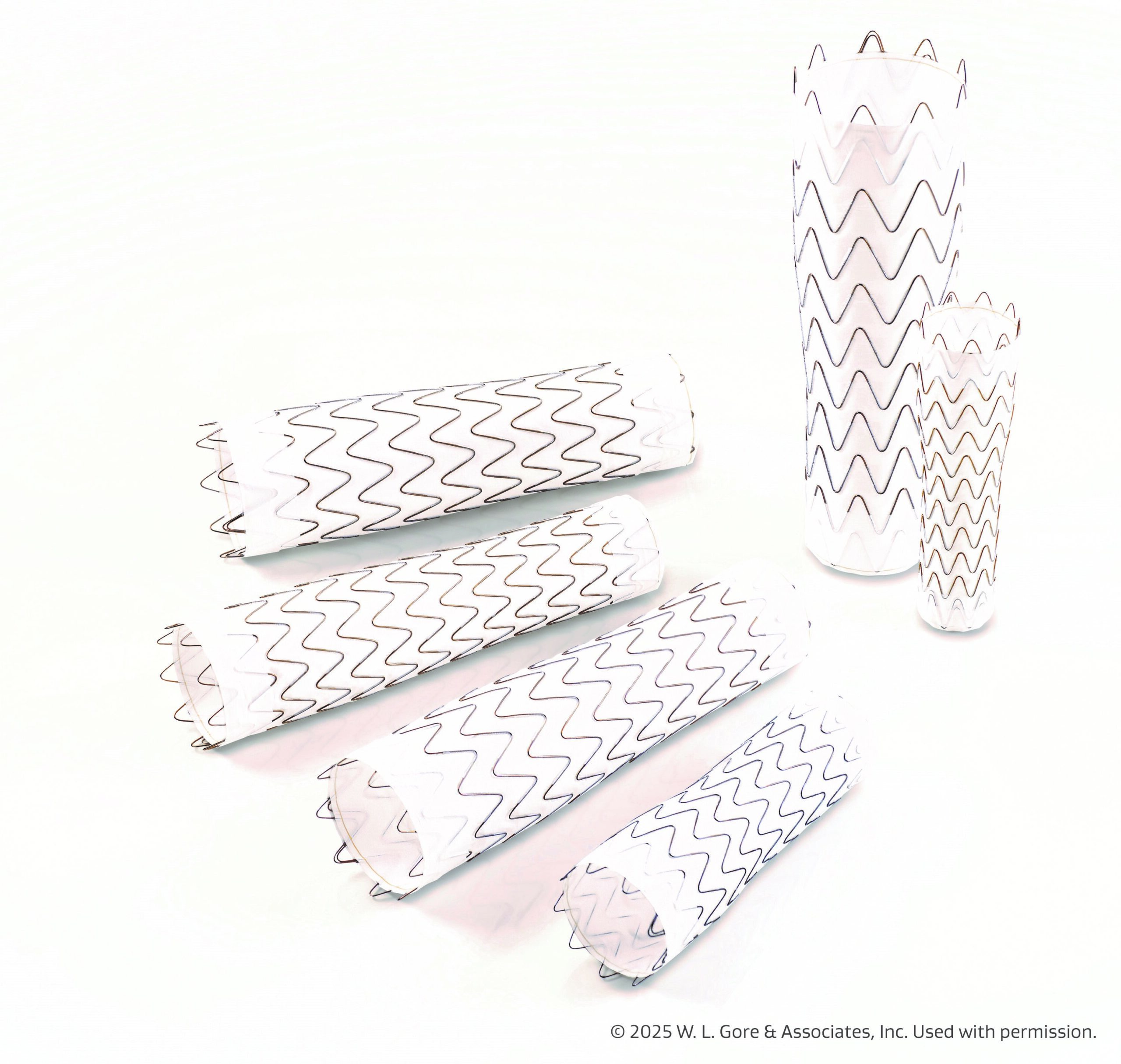
Postmortem genetic testing identified pathogenic/likely pathogenic (P/LP) cardiac genetic variants in arrhythmia or cardiomyopathy genes in approximately 13% of young individuals with sudden death, according to a study published in JAMA Cardiology.
Researchers of this study sought to assess both the genotypic and phenotypic risk of sudden death in a diverse cohort of young decedents and their families. The study comprised 103 decedents (mean age at death, 23 years), their surviving family members, as well as 140 sex- and genetic ancestry–matched controls. Study analysis initiated September 2016 and concluded November 2020.
Following autopsy and clinical data review, the population of interest were categorized, with 36 decedents having postmortem diagnoses, 23 decedents with findings of uncertain significance, and 44 with sudden unexplained death. The results showed that P/LP genetic variants in arrhythmia or cardiomyopathy genes were identified in 13 decedents, or 12.6%.
The results of multivariable analysis, including decedent phenotype, ancestry, and sex revealed that younger decedents had a higher burden of P/LP variants and select variants of uncertain significance. The researchers noted that these select, curated variants of uncertain significance in cardiac genes were more common in decedents than controls (83 of 103 decedents [86%] vs 100 of 140 controls [71%]; P = .005), and decedents harbored more rare cardiac variants than controls (2.3 variants per individual vs 1.8 in controls; P = .006).
Genomic autopsy in those <40 yrs finds actionable cardiac variants in 13% of sudden deaths, highlighting the need for family screening. Oligogenic risk associates with younger age of death https://t.co/gk8kNLAswX @NUgeneticmed @LurieChildrens @emmcnally
— JAMA Cardiology (@JAMACardio) August 11, 2021
“Whole-genome sequencing effectively identified P/LP variants in cases of sudden death in young individuals, implicating both arrhythmia and cardiomyopathy genes,” the researchers concluded.
They added that: “Genomic analyses and familial phenotype association suggest potentially additive, oligogenic risk mechanisms for sudden death in this cohort.”
Terrific work by @emmcnally and team demonstrating high yield of post-mortem genetic/genomic autopsy for monogenic diagnoses, and highlighting potential for oligogenic factors in sudden cardiac death. 👏 https://t.co/smxNxq7a2G
— Amy R. Kontorovich, MD, PhD (@GeneticHeartDoc) August 11, 2021
Genomic Autopsy of Sudden Deaths in Young Individuals https://t.co/Lpbdzo1wu9 via @JAMACardio part of @JAMANetwork
— Italo Kumamoto (@fikkumamoto) August 11, 2021







 © 2025 Mashup Media, LLC, a Formedics Property. All Rights Reserved.
© 2025 Mashup Media, LLC, a Formedics Property. All Rights Reserved.